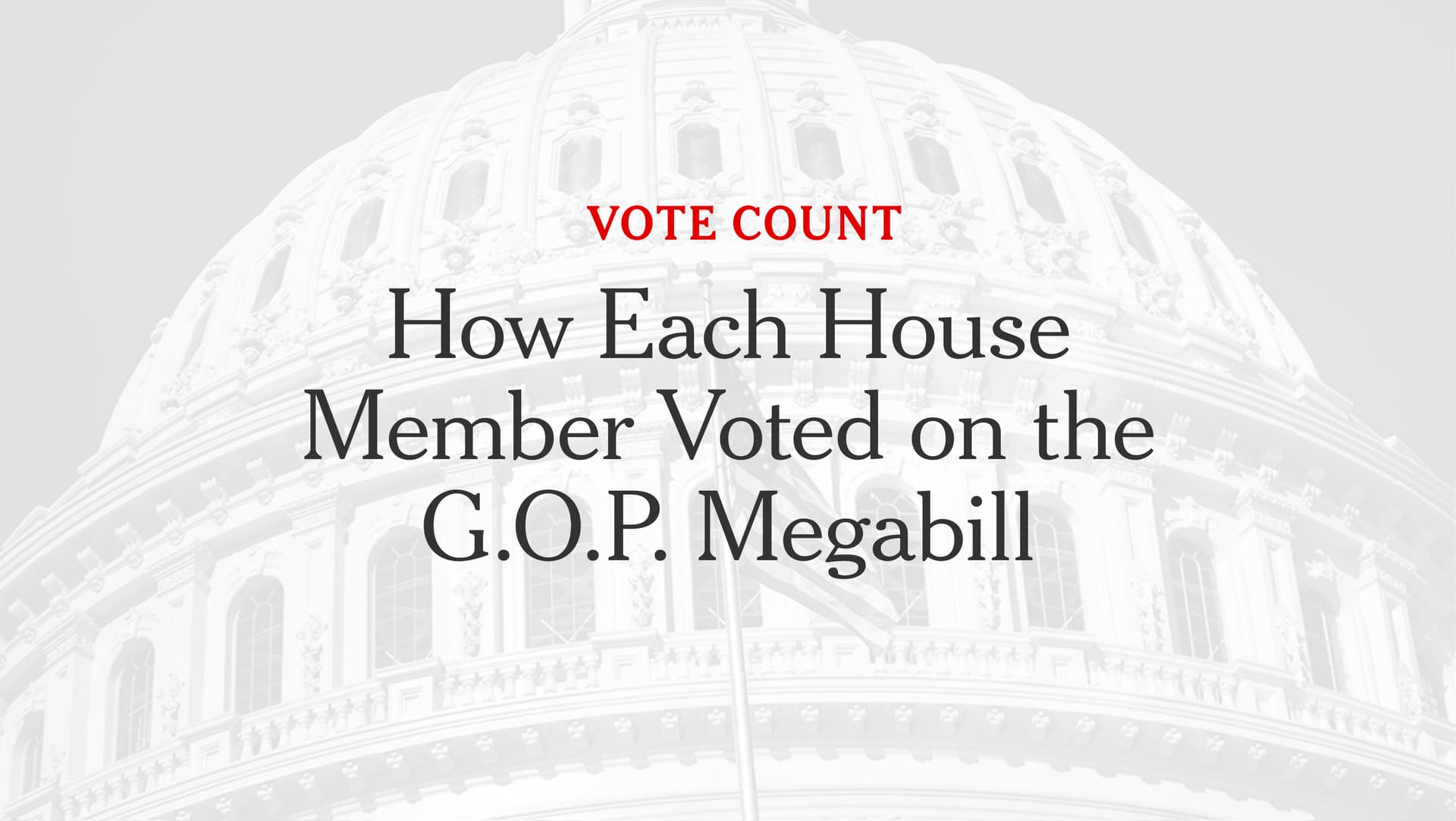Federal Judge Orders Release of Hundreds, Clouds Chicago Immigration Crackdown
A federal judge has ordered the release of hundreds arrested during a large immigration sweep in the Chicago area, dealing a legal setback to the federal enforcement strategy. The ruling raises immediate questions about enforcement tactics, legal appeals, and economic effects on local labor markets and municipal budgets.
Listen to Article
Click play to generate audio

A federal judge on Wednesday ordered the release of hundreds of people arrested during a recent Illinois immigration operation, delivering a significant judicial rebuke to the Trump administration's effort to detain and deport undocumented immigrants en masse. U.S. District Judge Jeffrey Cummings, a Biden nominee confirmed in 2023, sided with attorneys from the National Immigrant Justice Center and the ACLU who argued that federal agents violated a 2022 settlement over warrantless arrests in the Chicago area.
Plaintiffs in the case allege that more than 3,000 people were arrested between June and October as part of what authorities called Operation Midway Blitz. The judge’s decision requires the detained individuals to be released pending further litigation and forces federal immigration authorities to justify their practices in court. The ruling arrives amid heightened political pressure to tighten immigration enforcement while judges increasingly weigh constitutional and statutory limits on federal operations.
Legally the decision underscores the judiciary’s role as a check on enforcement practices that may run afoul of prior consent decrees and civil rights protections. The 2022 settlement central to the plaintiffs’ claim had constrained how local and federal agents make warrantless arrests in the region. The court’s interpretation may prompt the Department of Justice or immigration agencies to seek an emergency stay or to appeal to the Seventh Circuit, setting up a rapid legal escalation that could determine how enforcement proceeds in the coming weeks.
Beyond legal maneuvering, the ruling has real economic implications for Chicago and communities nationwide. Immigration enforcement at scale carries immediate labor market reverberations in sectors that rely heavily on immigrant labor, such as construction, hospitality and food services. Employers in those industries already report difficulty filling positions in many metro areas, and sudden mass detentions can create short term disruptions in production, scheduling and payroll. Over the medium term, uncertainty about enforcement can influence hiring decisions, wage offers and investments in labor saving technologies.
Municipal finances are also implicated. Large enforcement operations and consequent litigation shift costs to multiple levels of government. Federal agencies incur enforcement expenses, while local governments can face increased demand for social services and legal representation, and potential costs related to processing releases and reentry. Experts estimate that nationwide there are roughly 10 million undocumented immigrants, a population whose mobility and employment patterns interact significantly with local economies. The scale of arrests alleged in this case represents a meaningful disruption for neighborhoods where many workers live and spend.
Politically the decision heightens a fault line between executive priorities and judicial oversight. If appeals fail and the releases proceed, the operational playbook for large scale sweeps may change, encouraging more targeted enforcement or renewed negotiations over procedural safeguards. If higher courts reverse or stay the decision, federal authorities may press ahead, prioritizing rapid removals.
For businesses, policymakers and communities, the ruling amplifies an enduring dynamic: immigration policy and enforcement are not only legal and political contests, they are material economic forces. The coming days will determine whether the release order is temporary or the start of a broader recalibration of enforcement that could shape labor markets and local budgets well into the next election cycle.

